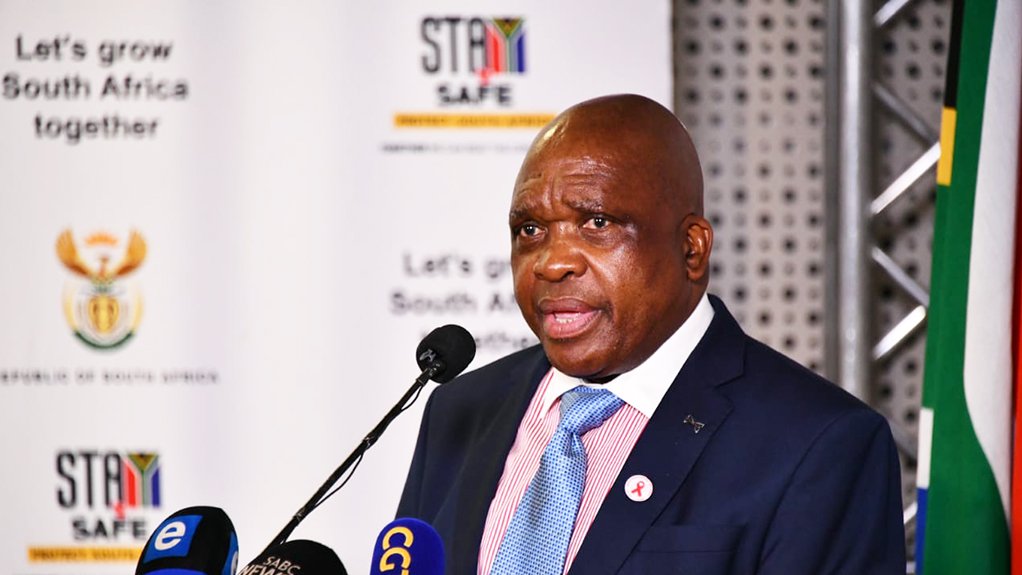Health Minister Dr Joe Phaahla announced that the Health Department is considering a phased approach investment in renewable energy, specifically solar power installations at health facilities, as part of an energy mix.
South Africa is currently facing it longest bout of load-shedding, which is negatively affecting businesses and health facilities such as hospitals and clinics.
Phaahla said the impact of load-shedding on the provision of healthcare services cannot be underestimated or overemphasised.
Nine hospitals in Gauteng have been excluded from load-shedding, one in the Free State; thirteen in KwaZulu-Natal; four hospitals in Limpopo; five in the Eastern Cape and three in the Western Cape. Three hospitals in the Northern Cape and two in Mpumalanga are waiting response from Eskom.
Phaahla said the exemptions were done in collaboration with his department, Eskom and municipalities.
Meanwhile, he said the proposed energy mix needed a feasibility study before plans progressed.
Solarised energy will be prioritised for areas such as theatres, Intensive Care Units, high-tech and advanced equipment, he said.
“We would like to ensure that all facilities have Uninterrupted Power Supply (UPS) technology to improve the reliability and efficiency of an electrical system across an entire hospital facility to sustain critical services and data protection for its patients and staff,” he said.
Phaahla said in terms of the department’s response to the disruptive challenges caused by load-shedding, the Health Department has developed a multifaceted strategy for immediate short- and long-term implementation.
He said the criteria for hospital exclusion include the volume of patients, the nature of specialised services they provide and the technological and medical equipment they have.
“These are mostly academic, regional and district hospitals. The exclusions or exemptions do not mean the facilities should use electricity without limitations, we have made it clear to Eskom that we have joined their call to ensure that even our health facilities use electricity sparingly, productively and purposefully at all times,” he added.
He announced that his department is further engaging the National Treasury to discuss the additional budget implications to sustain the load-shedding contingency plans, including an unbudgeted increase in diesel and oil expenditure to run the generators and maintenance costs.
“The Department has committed to work with Eskom to install, where required, the dedicated feeder line that isolates the power supply line of the facility from that of the rest of the community. We will, together with Eskom, consider the costs of these infrastructures as we view it as a necessary investment to ensure the long-term exemption of all facilities,” said Phaahla.
He added that load-shedding compels the Health Department to revise its plans and costs when constructing new facilities to include new sources of energy – renewables– over and above generators.
In addition, the Department must ensure the installation of the dedicated feeder line to avoid the current exercise of reconfiguring the electricity networks.
EMAIL THIS ARTICLE SAVE THIS ARTICLE ARTICLE ENQUIRY
To subscribe email subscriptions@creamermedia.co.za or click here
To advertise email advertising@creamermedia.co.za or click here











